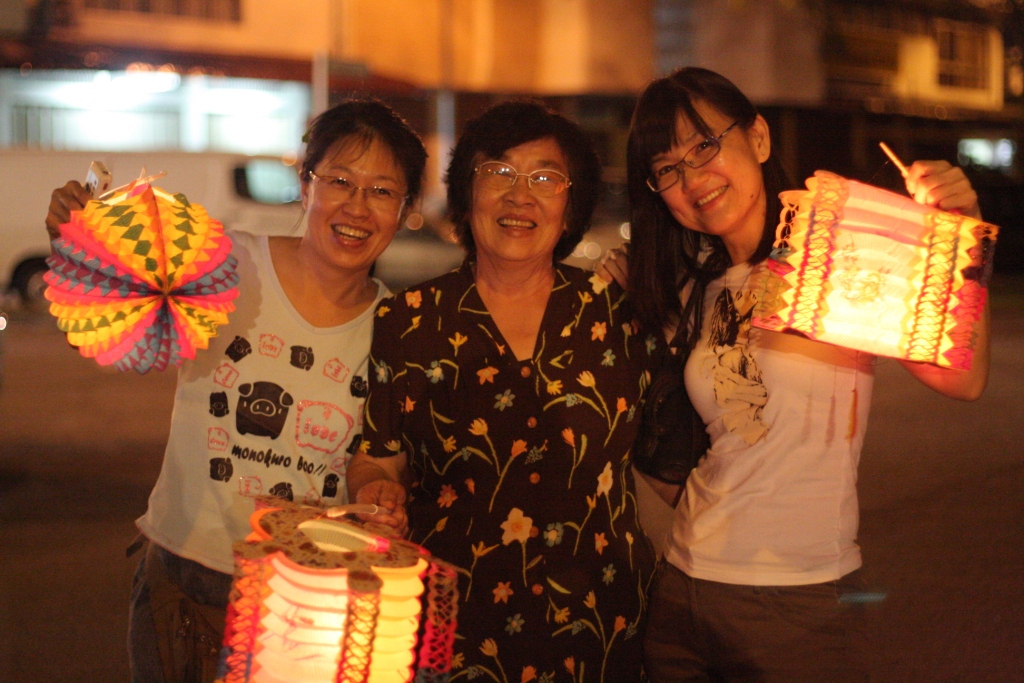Happy Mid-Autumn Festival!
Happy Mid-Autumn Festival!
Different people like the Mid-Autumn Festival for different reasons. While some are inspired by the historical stories or legends associated with it, some enjoy this Festival for its culture and significance. Imagine, with a cup of hot chrysanthemum tea and some mooncakes, listening to the cheerful laughter of children with their beautiful lanterns, and the chatter of family members who are happily catching up with each other, the atmosphere feels so calm and peaceful.
We can also appreciate this opportunity to learn by reflecting on this meaningful day. For many people, the Mid-Autumn Festival symbolises the spirit of family reunion. There is a Chinese saying “bai shan xiao wei xian” (百善孝为先), which means “filial piety is the most important quality of all”. This helps in understanding the significance of “filial piety” from a Buddhist point of view.
If we cannot treat our parents well, those who have raised us, provided shelter, love and education, how are we going to treat others well? How can we practise the Dhamma effectively if we do not even respect or care for our parents? In other words, practising filial piety is an important foundation for learning the Dhamma. We also cultivate gratitude towards our elders as we are reminded how blessed we are to have family members who love us. This practice of filial piety not only builds our foundation to practise the Dhamma, but it also leads to family well-being and joyful living.
What have you learnt on this cultural and meaningful day? Let us reflect insightfully while observing this significant full-moon-day.
Happy Mid-Autumn Festival and may all be well and happy always!


